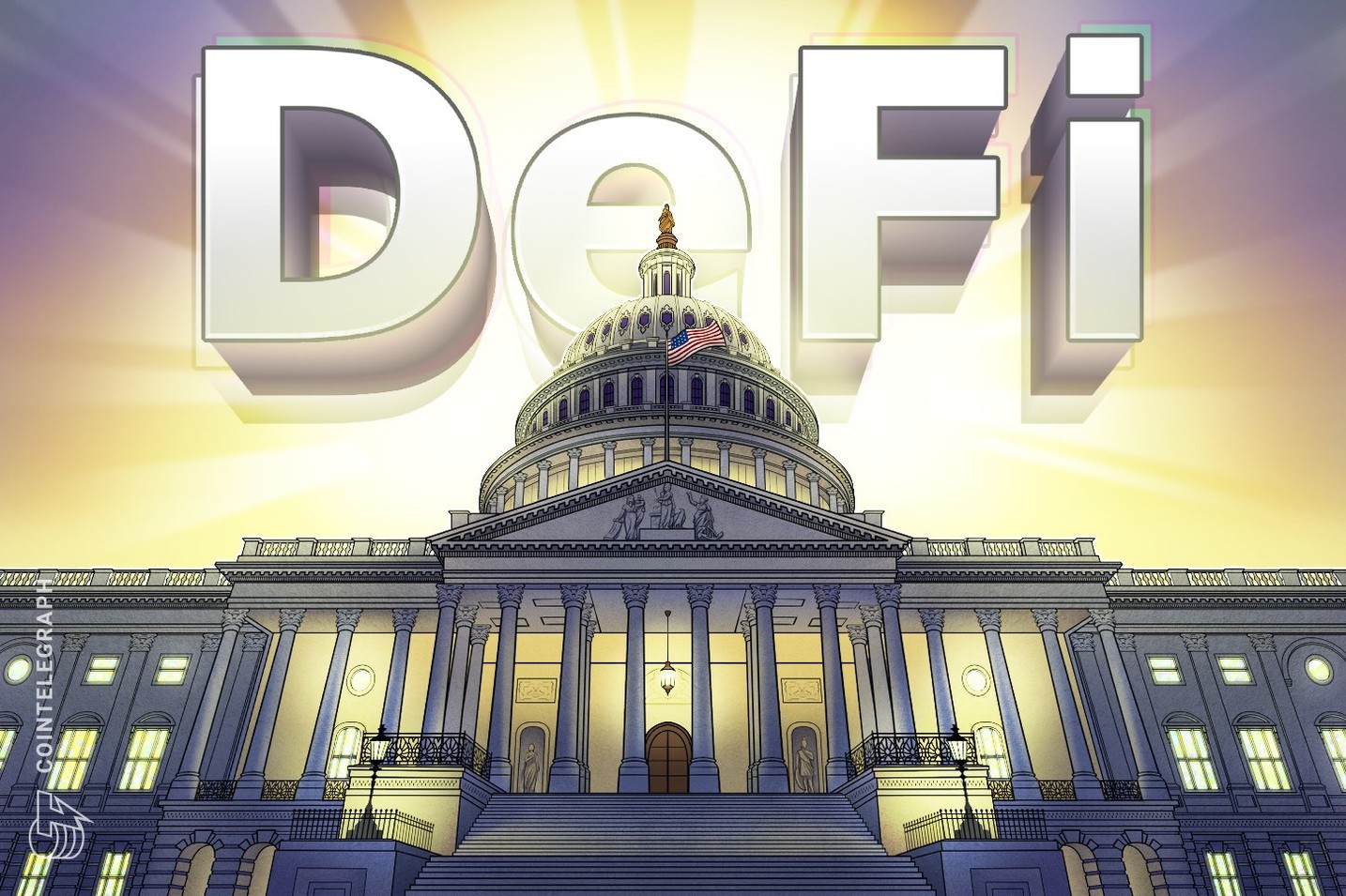US House Votes to Repeal IRS DeFi Broker Rule: A Major Win for Privacy | 2025

US House Votes to Repeal IRS DeFi Broker Rule: A Major Win for Privacy
The US House of Representatives has made a significant move by voting to nullify a controversial rule that would have mandated decentralized finance (DeFi) protocols to report their activities to the Internal Revenue Service (IRS). On March 11, the House passed the motion with a vote of 292 in favor and 132 against, effectively repealing the so-called IRS DeFi broker rule. This rule was designed to impose existing IRS reporting requirements on cryptocurrency transactions, which many in the industry viewed as overly burdensome and invasive.
Understanding the IRS DeFi Broker Rule
The IRS DeFi broker rule aimed to require DeFi platforms, including decentralized exchanges, to disclose gross proceeds from crypto sales. This would have included sensitive information regarding the taxpayers involved in these transactions. Proponents of the rule argued that it was necessary for tax compliance and to prevent tax evasion. However, critics contended that it would infringe on the privacy rights of millions of Americans engaged in DeFi activities.
Key Arguments for Repeal
Following the vote, Republican Representative Mike Carey, who spearheaded the repeal motion, expressed his concerns about the implications of the rule. He stated, “The DeFi broker rule invades the privacy of tens of millions of Americans, hinders the development of an important new industry in the United States, and would overwhelm the IRS.” Carey’s remarks highlight a growing sentiment among lawmakers that the regulation could stifle innovation in the rapidly evolving DeFi sector.
House Financial Services Committee Chairman French Hill also supported the repeal, labeling the rule as “a clear example of government overreach that threatens to push American digital asset development overseas.” This perspective underscores a broader concern that excessive regulation could drive innovation and investment away from the United States, potentially benefiting other countries that adopt more favorable regulatory environments for digital assets.
Opposition to the Repeal
Despite the strong support for the repeal, there were notable opponents. Democrat Representative Lloyd Doggett voiced his concerns, arguing that exempting DeFi platforms from IRS disclosures could facilitate tax evasion and money laundering. He stated that granting a “special interest exemption” would make it easier for wealthy Republican donors to exploit decentralized exchanges for illicit purposes. This highlights the ongoing debate about the balance between fostering innovation and ensuring compliance with tax laws.

Government’s Stance on the Rule
At the time the rule was proposed, officials from the Office of Management and Budget expressed their apprehensions. They noted that “This rule … would stifle American innovation and raise privacy concerns over the sharing of taxpayers’ personal information, while imposing an unprecedented compliance burden on American DeFi companies.” This statement reflects a growing recognition among policymakers that the regulatory landscape for digital assets must evolve to accommodate the unique characteristics of DeFi.
The Future of DeFi Regulation
The repeal of the IRS DeFi broker rule marks a pivotal moment in the ongoing discussion about the regulation of decentralized finance. As the DeFi sector continues to grow, lawmakers will need to find a balance between protecting consumers and fostering innovation. The recent vote in the House signals a willingness among some legislators to reconsider the regulatory framework surrounding digital assets, potentially paving the way for more nuanced and effective policies in the future.
In conclusion, the US House’s decision to repeal the IRS DeFi broker rule is a significant victory for advocates of privacy and innovation in the cryptocurrency space. As the DeFi landscape evolves, it will be crucial for lawmakers to engage with industry stakeholders to develop regulations that support growth while ensuring compliance with tax laws. The ongoing dialogue between regulators and the DeFi community will be essential in shaping the future of digital finance in the United States. For more information on this topic, you can read the original article here.









